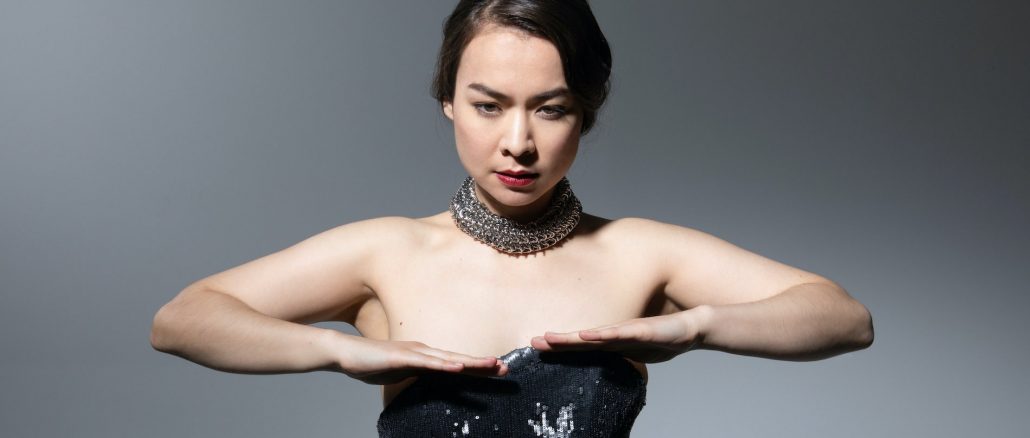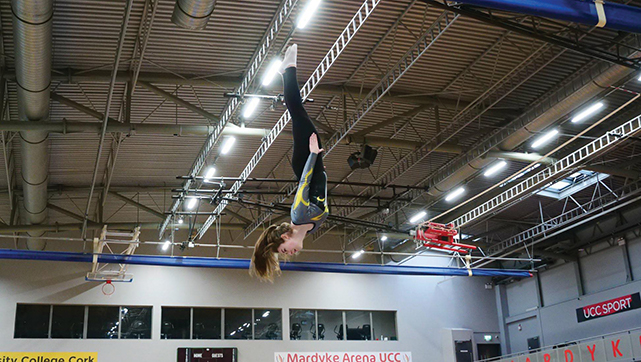
Already one of the most celebrated indie rock songstresses of the past decade, Mitski’s star has risen even further since the release of her critically acclaimed 2018 record Be The Cowboy, picking up an even bigger audience thanks to many of her songs garnering popularity on TikTok.
Laurel Hell is her first album in four years, coming after a previously announced hiatus after years of non-stop touring, which Mitski has since revealed in interviews was initially a front for her desire to quit music altogether.
Laurel Hell carries on from the 1980s pop-inspired, synth-driven sound of Be The Cowboy, featuring a healthy mix of both energetic, pulsing songs like “The Only Heartbreaker” and “Love Me More” and more moody, downtempo tunes such as “Valentine, Texas” and “I Guess”.
Despite the longer than usual gap between albums, long time fans of Mitski will be happy to know that this album features her trademark vulnerable songwriting, with lyrics telling tales of heartbreak, self-loathing, regret, and exhaustion.
One highlight in this regard is the album’s first single, “Working For The Knife”, its metallic clinks and dark synths adding to the lyrics’ tale of creative burnout and frustration, which no doubt will painfully resonate with any listeners who have experienced the pain of writer’s block and failing to achieve one’s artistic ambitions.
As typical for a Mitski album, there are songs detailing romantic woes and not quite requited love, but others seem to hint towards not merely being about Mitski’s bond to a lover, but her uneasy relationship to a growing audience that’s perpetually fickle and demands her to bare her soul in her music for their catharsis; the aforementioned “Love Me More” and “Stay Soft” (“stay soft, get eaten”) in particular play with this to powerful effect, truly hammering home how emotionally destructive being the face of a generation of so-called “sad girl” singer-songwriters can be in the age of stan culture and digital parasocial relationships.
As well as the heavy incorporation of maximalist pop tones and synths, the album also features touches of piano, harking back to Mitski’s earliest efforts like 2013’s Retired From Sad, New Career In Business. Jaunty late album deep cut “Should’ve Been Me” sports some clattering piano that at certain points in the track is near reminiscent of ABBA’s classic “Dancing Queen”, cementing it as one of the record’s best. In line with the rest of her discography, Laurel Hell runs at a relatively brief 32 minutes.
For the most part, this is a point in its favour as the songs don’t feel truncated or rushed; however, closing track “That’s Our Lamp” could have perhaps used with a stronger ending, as in its current form it fades out without much fanfare when it might have benefited from a more impactful finish in its final few seconds.
While Laurel Hell doesn’t quite have a song as instantly iconic as “Your Best American Girl” or “Nobody”, its cohesion and consistency is its strength, rather than a weakness. Overall, Laurel Hell is an album that merits closer and repeated listening, its combination of catchy production and lyrical weariness proving a winning formula, making it yet another worthy entry into Mitski’s catalogue.
Sinead Mooney
Image credit: Pitchfork


